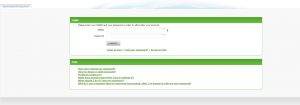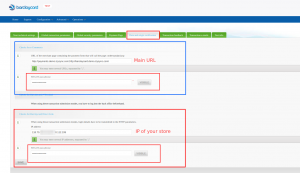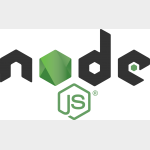

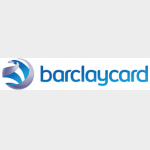
Integrate NodeJS and Barclays Epdq Extra Plus
Trexle connects NodeJS to Barclays Epdq Extra Plus and 100+ other payment gateways using a single plugin for one time annual fee
Barclays Epdq Extra Plus and NodeJS Integration Guide
For Barclaycard ePDQ integration, you will need the following credentials:
PSP ID, SHA-IN passphrase and SHA-OUT passphrase.
You can retrieve these credentials by logging to your Barclaycard account dashboard.
Your username is your PSP ID.
Navigate to Configuration -> Technical Information -> Data and origin verification.
Click on the button ‘Visible‘ to retrieve your SHA-IN passphrase.
Navigate to Configuration->Technical information->Transaction feedback -> Find “Security for request parameters”
Click on the button ‘Visible‘ to retrieve your SHA-OUT passphrase.
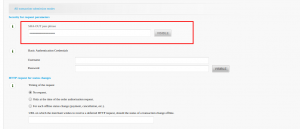
Take the credentials you just obtained from Barclays Epdq Extra Plus and navigate to Trexle dashboard, click Payments Gateways and select Barclays Epdq Extra Plus from the drop down menu as shown below.
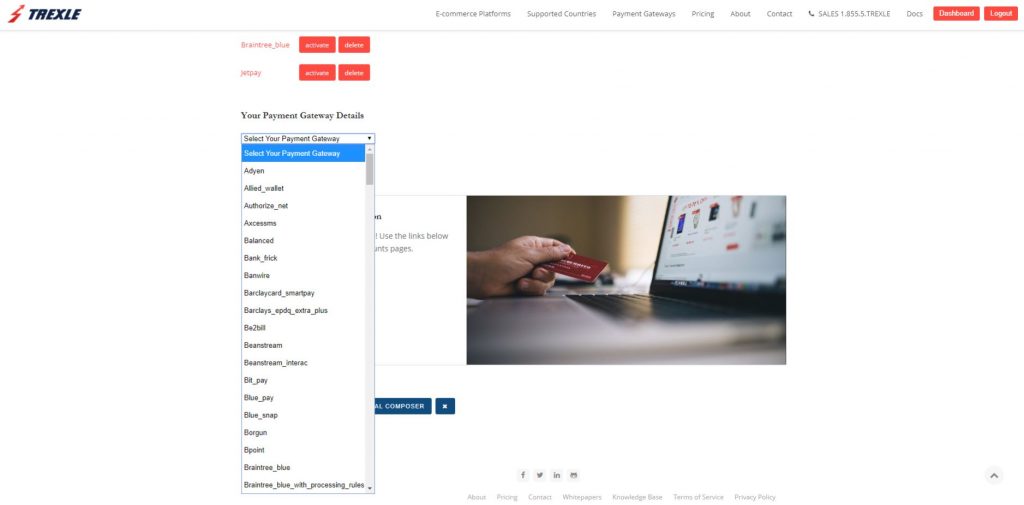 Fill into your Barclays Epdq Extra Plus credential and click Add Gateway. Click the Activate button next to Barclays Epdq Extra Plus, and it will give you a success message and the button will turn into green. You should see something like below.
Fill into your Barclays Epdq Extra Plus credential and click Add Gateway. Click the Activate button next to Barclays Epdq Extra Plus, and it will give you a success message and the button will turn into green. You should see something like below.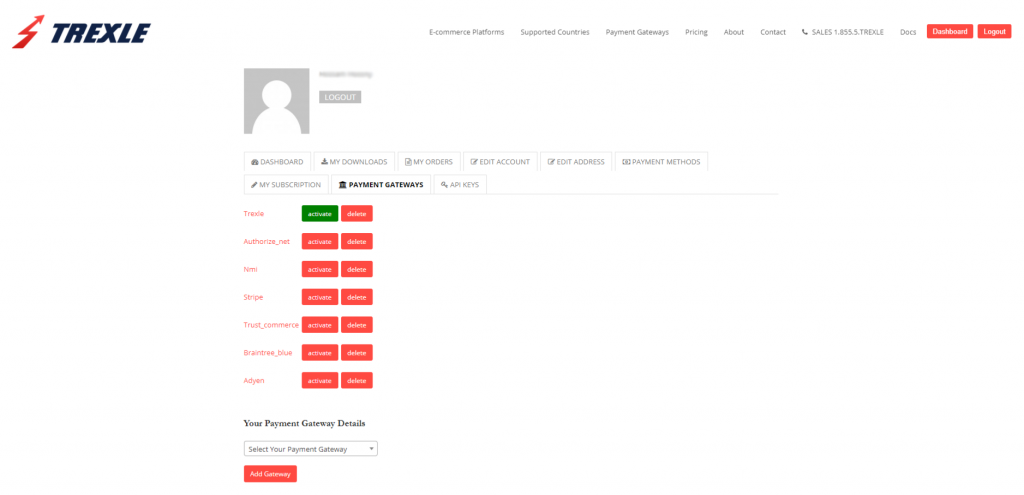
In your NodeJS project, open a terminal and issue the following command:
npm install trexlejs
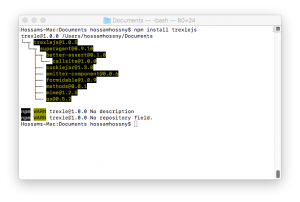
If you want to test, consider writing the following example in a test.js file:
var Trexle = require('trexlejs');
var trexle = Trexle.setup({
key: ‘your-api-key’,
production: false
});
trexle.createCharge({
amount: 400,
currency: ‘usd’,
description: ‘test charge’,
email: ‘[email protected]’,
ip_address: ‘66.249.79.118’,
card: {
number: ‘4242424242424242’,
expiry_month: 8,
expiry_year: 2018,
cvc: 123,
name: ‘John Milwood’,
address_line1: ‘423 Shoreline Park’,
address_city: ‘Mountain View’,
address_postcode: 94043,
address_state: ‘CA’,
address_country: ‘US’
}
}, function (response) {
console.log(response.body);
});
Then run the code:
node test.js
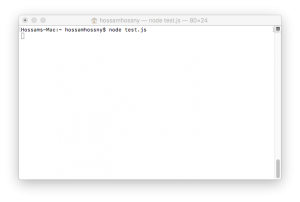
At the checkout use the following Test card numbers to place test orders using different card types.
Test cards:
Visa: 4111111111111111
MasterCard: 5399999999999999
American Express: 374111111111111
For other details you can use any name, date and numbers.
Barclays Epdq Extra Plus Supported Countries
Barclays Epdq Extra Plus Supported Payment Processing Actions
✔ Authorize
✔ Capture
✔ Void
✔ Credit
✔ Recurring
✔ Card Store
Key Features
About Trexle
Trexle is a powerful online recurring subscription billing platform that integrate Barclays Epdq Extra Plus and other +100 payment gateways with NodeJS and other dozen of e-commerce platforms.
About Barclays Epdq Extra Plus
Barclays ePDQ Extra Plus is an online solution for accepting cards over the internet. Barclays ePDQ Extra Plus have various solutions to suit your business. Barclays ePDQ Extra Plus Essential and ePDQ Extra subscriptions both use a method called Hosted Payment Page (HPP). This is Barclays ePDQ Extra Plus end-to-end solution that provides a secure service for card payment authorisation and settlement. It allows you to trade online with flexible, reliable and straightforward integration. When a customer chooses products from your website and proceeds to the checkout, they are directed to the Barclays ePDQ Extra Plus secure payment environment, where they can pay by debit or credit card. Barclays ePDQ Extra Plus automates and completes the transaction (in a way that is configurable according to the needs of your business), allowing you to continue to fulfil your customers' orders seamlessly.
About NodeJS
Node.js is an open-source, cross-platform JavaScript runtime environment for executing JavaScript code server-side, and uses the Chrome V8 JavaScript engine. Historically, JavaScript was used primarily for client-side scripting, in which scripts written in JavaScript are embedded in a webpage's HTML, to be run client-side by a JavaScript engine in the user's web browser. Node.js enables JavaScript to be used for server-side scripting, and runs scripts server-side to produce dynamic web page content before the page is sent to the user's web browser.


